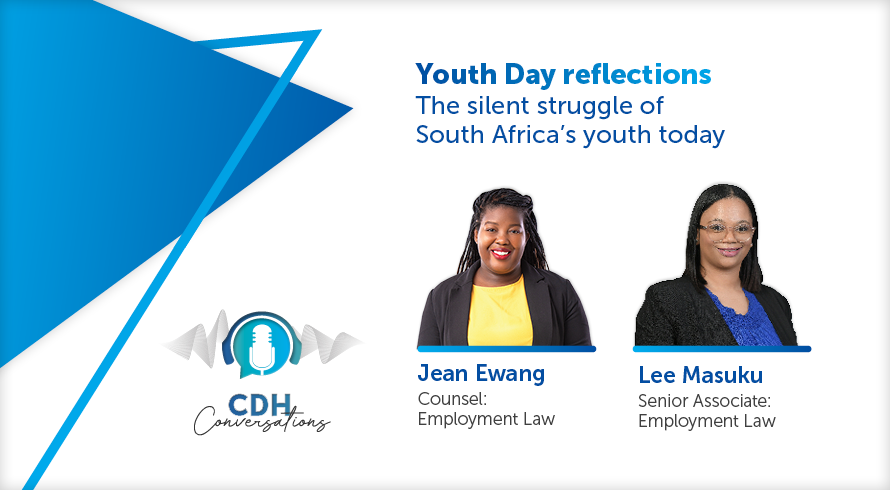SARS rules again on the capitalisation of loan accounts
We have discussed previous rulings on this topic in our Tax Alerts of 15 January 2016 and 9 October 2015.
On 31 May 2016 SARS issued Binding Private Ruling 236 (Ruling) which again deals with the issue.
The Ruling involved a restructure of a group of companies. As part of the restructure, one company in the group (African Holdco) acquired a loan account in its wholly-owned subsidiary company (Foreign Holdco). Notably, African Holdco was a tax resident in South Africa, while Foreign Holdco was a tax resident in another country.
The restructure worked as follows:
- First, a company in the group (Applicant) sold certain shares to another company in the group (Foreign Holdco). The price was left owing on loan account (Loan).
- Second, the Applicant distributed the Loan to its holding company (Holdco) as a dividend in specie.
- Third, Holdco subscribed for further ordinary shares in the capital of African Holdco for a subscription price equal to the face value of the Loan. The obligation of Holdco to pay the subscription price to African Holdco under the subscription agreement was discharged by the transfer of the Loan to African Holdco. So, after the third step African Holdco held the Loan in its wholly-owned subsidiary, Foreign Holdco.
- Fourth, African Holdco in turn subscribed for further ordinary shares in the capital of Foreign Holdco for a subscription price equal to the face value of the Loan. The obligation of African Holdco to pay the subscription price to Foreign Holdco under that subscription agreement was discharged by way of set-off against the Loan, resulting in the Loan being extinguished.
It is the fourth step in the restructure that is of interest in the present case. SARS ruled as follows in relation that step, to the extent that it is relevant:
- For purposes of paragraph 20 of the Eighth Schedule of the Income Tax Act, No 58 of 1962, African Holdco acquired the further shares in Foreign Holdco for an expenditure equal to the subscription price of the shares. In other words, SARS accepted that, for capital gains tax purposes, the base cost of the further shares in Foreign Holdco would be an amount equal to the subscription price, that is, an amount equal to the face value of the Loan.
- The set-off of the Loan against African Holdco’s obligation to pay the subscription price did not give rise to any capital gain in African Holdco.
As African Holdco was not a tax resident in South Africa, it was not necessary to consider the South African tax effects of the restructure for it. Had it been a South African tax resident, it would have been interesting to see how SARS would have ruled on the tax implications of the extinction of the Loan. The reduction of a debt for inadequate consideration can in certain cases have negative tax consequences for South African tax resident debtors – see the Tax Alert of 15 January 2016.
SARS has never said in so many words that those debt reduction rules would legitimately be avoided if:
- a creditor subscribes for shares in a debtor company for a subscription price equal to the debt; and
- the obligation to pay the subscription price is set off against the obligation to repay the debt.
In a draft Interpretation Note, SARS does say that, in principle, the reduction of debt through the issue of shares ought not to trigger adverse tax consequences. It does appear as if the Ruling is a further acceptance by SARS that the capitalisation of a loan account by subscription and set-off – as opposed to a settlement for cash – ought not to have a negative tax effect.
Note that a SARS ruling only applies to the persons who requested the ruling. However, SARS’s rulings do give taxpayers an idea of its view on matters addressed in the rulings.
The information and material published on this website is provided for general purposes only and does not constitute legal advice. We make every effort to ensure that the content is updated regularly and to offer the most current and accurate information. Please consult one of our lawyers on any specific legal problem or matter. We accept no responsibility for any loss or damage, whether direct or consequential, which may arise from reliance on the information contained in these pages. Please refer to our full terms and conditions. Copyright © 2026 Cliffe Dekker Hofmeyr. All rights reserved. For permission to reproduce an article or publication, please contact us cliffedekkerhofmeyr@cdhlegal.com.
Subscribe
We support our clients’ strategic and operational needs by offering innovative, integrated and high quality thought leadership. To stay up to date on the latest legal developments that may potentially impact your business, subscribe to our alerts, seminar and webinar invitations.
Subscribe



